“Break a leg!”
This common theatre saying is of course ironic, as no one would wish a broken bone on someone else. But people of all ages are susceptible to fractures.
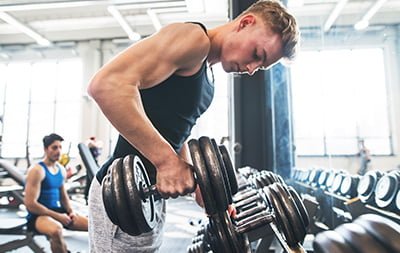
Our bones are incredible. Our bones carry us through life — supporting our bodies and important organs, and keeping us upright and active. They are made of living tissues that are rebuilding throughout our lives. But there are ways to ensure you have strong, healthy bones and lessen your risk of breaking a bone.
1. Maintain a healthy diet
Nourishing your body with quality, fresh food helps you stand tall and strong. Ensure you are eating food rich in vitamins, minerals, and protein, all of which help build healthy bones. Most important are calcium and vitamin D, which we discuss below. Magnesium is essential as it converts vitamin D into the form that promotes calcium absorption. Zinc promotes the formation of bone-building cells and helps prevent bone loss. Omega-3 fatty acids, found in fatty fish, walnuts, and flax seeds, are also great for both their anti-inflammatory effects and their protection against bone loss from ageing.
Be careful about dieting, as not eating enough calories can lead to muscle loss and lower bone density. Being underweight increases the risk of osteoporosis while being overweight can increase the risk of fractures due to the added stress on the body.
2. Increase your calcium intake
Calcium forms the structure of our bones and teeth. Foods and drinks high in calcium include dairy products, like milk and cheese, tofu, dark green vegetables, and soft-boned fish.
Osteoporosis Canada has an online calcium calculator which shows you how much calcium you’re intaking with your diet and if it’s lacking. If you’re finding it difficult to consume enough calcium in your diet, consider adding a supplement.
3. Get lots of the sunshine vitamin
Our bodies make their own vitamin D when we’re in the sun, but for Canadians, that’s really only in the summer. Vitamin D helps the body absorb calcium to build and maintain strong, healthy bones and teeth. If you’re not getting enough of this vitamin, you may begin to lose bone mass. Many foods are now fortified with this important vitamin, such as milk, soy milks, cereals, margarine, and orange juice. Eggs and fatty fish like salmon and rainbow trout are also great sources of vitamin D.
If you’re over 50, or don’t like any of the above foods, Health Canada advises that you take a daily vitamin D supplement of 400 IU.
4. Keep fit
Did you know that dancing and tennis can help you build bone mass? Exercising exerts pressure on our bones which stimulates them to create cells. For the best results, it’s important to do both strength training, such as lifting weights, and weight-bearing exercises, like walking or aerobics. Younger people are encouraged to do more high-impact activities like running or playing basketball. Later in life, exercise helps prevent bone loss. Balancing and posture exercises can also help prevent falls in elderly people. For seniors, depending on your fitness level, low-impact activities like bowling, gardening, and cleaning may be best.
Discuss any new exercise plans with your doctor to determine what’s safest for you, especially if you have osteoporosis or have suffered a fracture previously.
5. Don’t smoke
Smoking cigarettes has many negative effects on bone health. Smoking slows the absorption of calcium and vitamin D into the bones. We gradually lose bone mineral density as we age, but smoking speeds up that process, leading to bones that are weak and more likely to break. Smoking also delays the healing of any fractures and can increase infection risks if surgery is needed.
6. Limit or eliminate alcohol
Excessive drinking disrupts the balance of calcium in the body, which is essential for bone health as described above. Alcohol interferes with the body’s production of vitamin D, needed for calcium absorption. Drinking also can cause hormone deficiencies which can lead to developing osteoporosis.
Alcohol has negative effects on bone health and also can lead to fractures through weakened bones and increased risk for accidents and falling. If you enjoy beer or wine, yet want strong bones, ensure you are drinking in moderation. For women, that’s no more than two drinks a day and ten drinks over the week. For men, it’s three drinks per day and 15 drinks over a week.
7. Test the density of your bones
Your physician can do a bone mineral density (BDM) test for you to evaluate the strength of your bones. This test will inform you further of your risks for fractures or osteoporosis. BMD tests are safe and painless, generally done with an x-ray machine. They are recommended for anyone 65 years of age or older and for those younger people with a high risk for fractures.
Once you’ve obtained the results of your BMD test, discuss an exercise and nutrition plan with your healthcare provider that will best strengthen your bones and prevent fractures.
8. Use Low-Intensity Pulsed Ultrasound to heal fractures faster
Regardless of how healthy and fit you are, anyone can break a bone. The time it takes to fully heal a fracture can take anywhere from a few months to several years in extreme cases. During that recovery time, your ability to exercise may be limited and you’ll likely not be able to do all of the same activities you’re used to.
To get back to your healthy lifestyle faster, consider using Low-Intensity Pulsed Ultrasound (LIPUS). This safe therapy uses painless, mechanical forces to stimulate the fractured bone. This process activates cell reproduction and protein expression at the fracture site to speed up healing. LIPUS devices are designed for self-treatment, they can be used at home or on the go. Just twenty minutes of treatment a day can help a broken bone heal faster.
At Medlines Inc. we are dedicated to helping you heal and get back to regular activities sooner. We look forward to meeting you and discussing how you can build strong bones and heal a fracture.
How do you strengthen your bones? Do you have any questions about your bone health? We’d love to hear from you in the comments below.

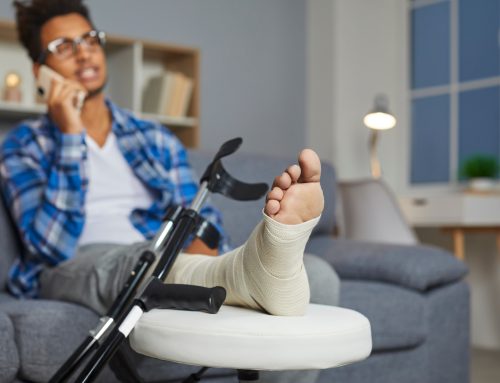
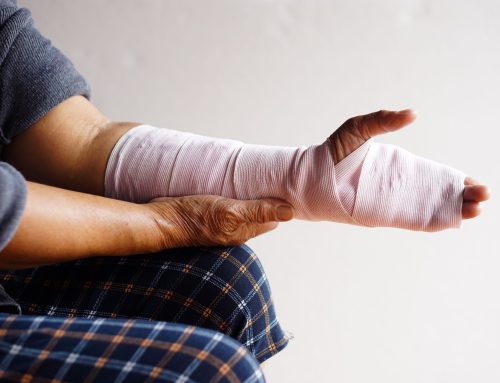
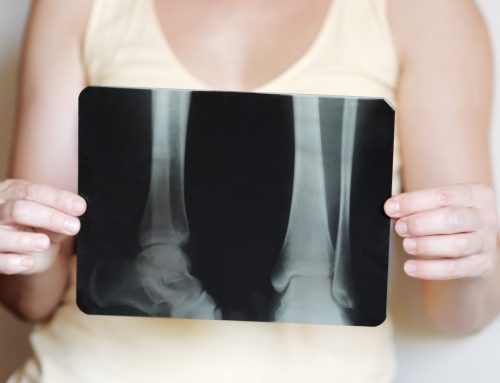
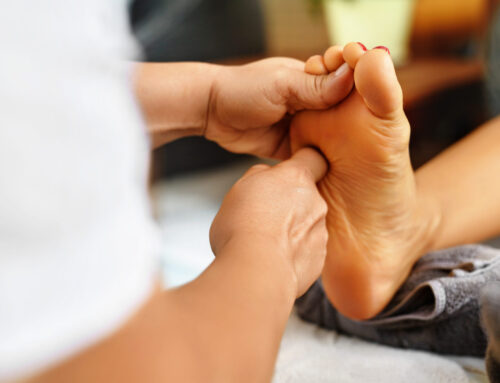
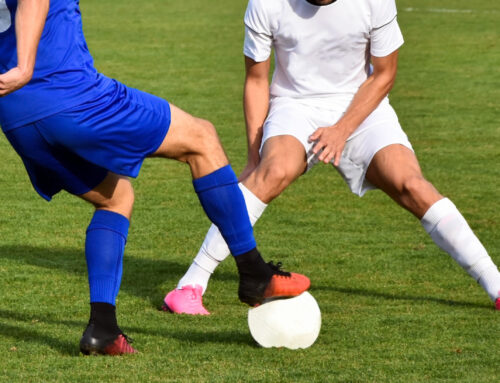
Leave A Comment